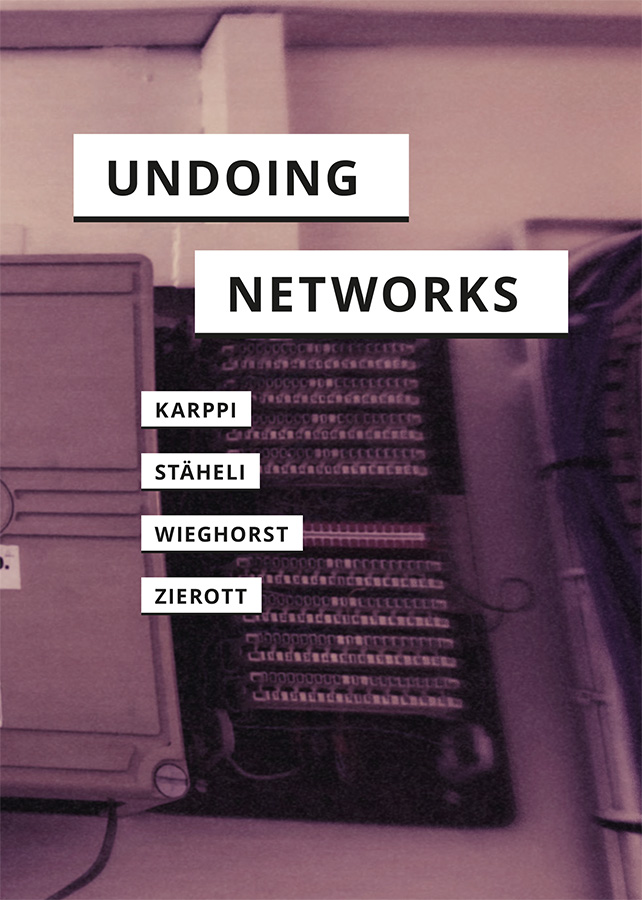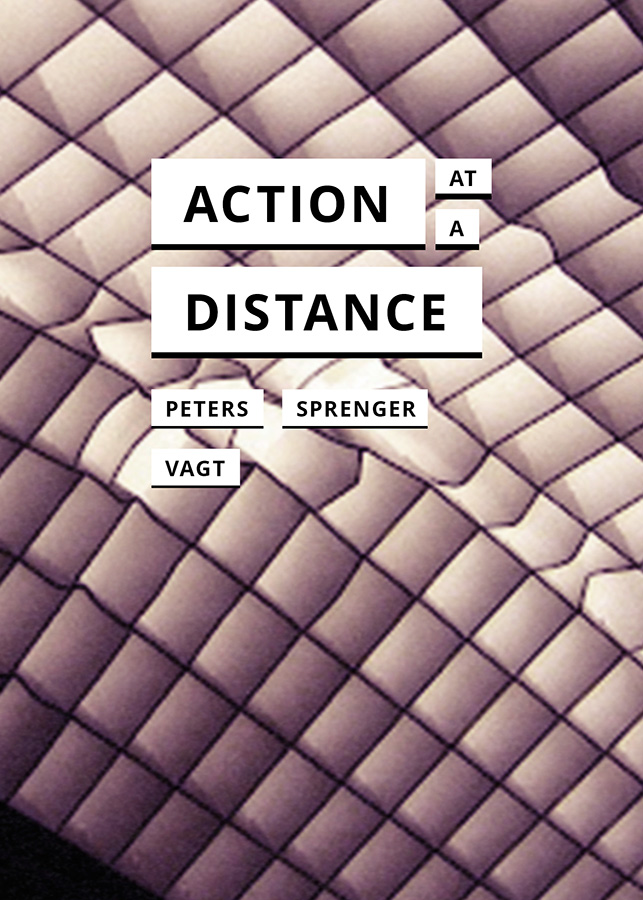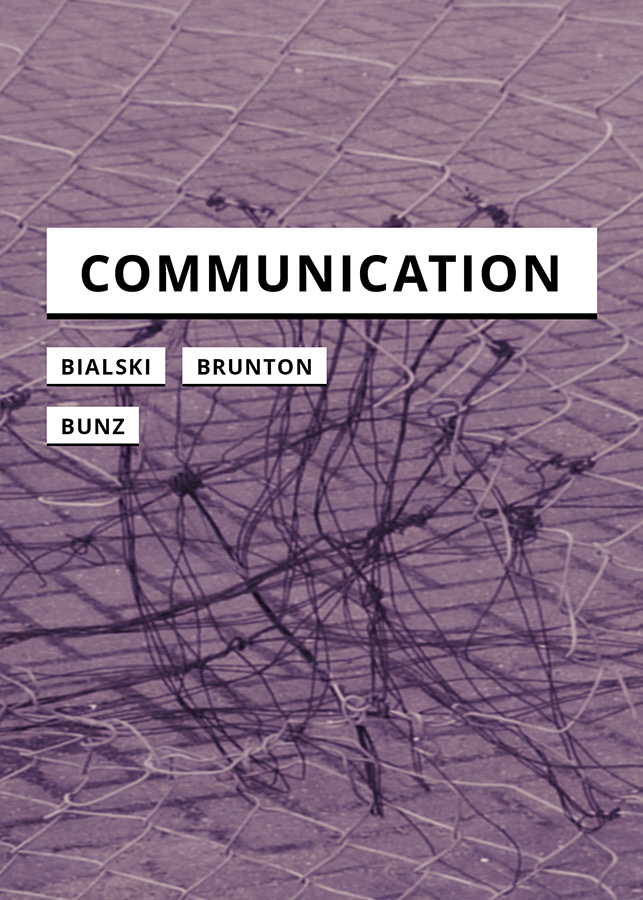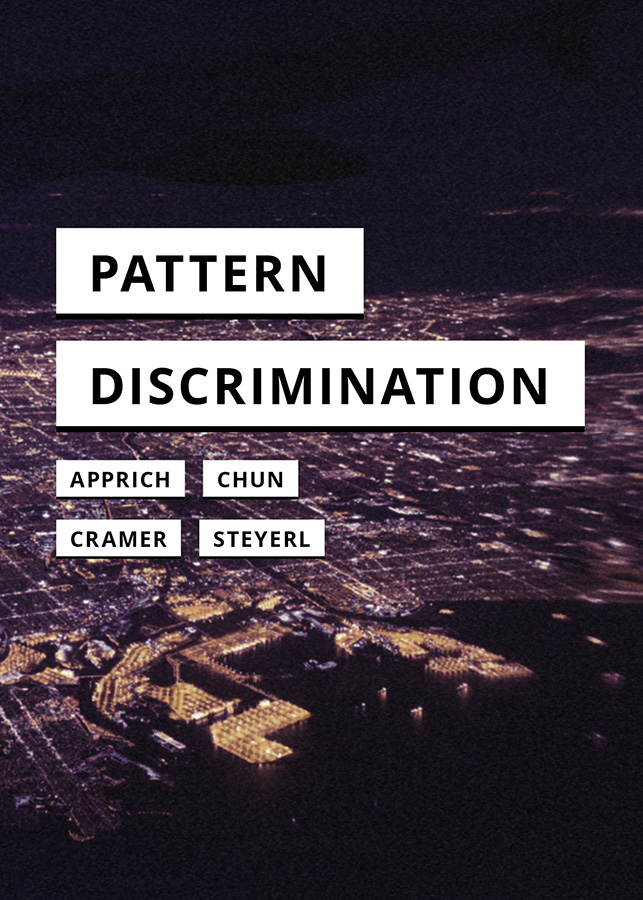Action at a Distance
The mediality of transmission and the materiality of communication result today more than ever in “acting at a distance” – an action whose agency lies in a medium. This book provides an overview into this crucial phenomenon, thereby introducing urgent questions of human interaction, the binding and breaking of time and space, and the entanglement of the material and the immaterial. Three vivid inquiries deal with histories and theories of mediality and materiality.
“This engaging volume provides readers with a historically rich and media-scientific focused introduction to the philosophical problematic of acting at a distance.”
– Jeremy Packer, University of Toronto
“An inspiring volume that invites reflection on a crucial issue in our digital cultures: the materiality of transmission.”
– Dawid Kasprowicz, RWTH Aachen University



















